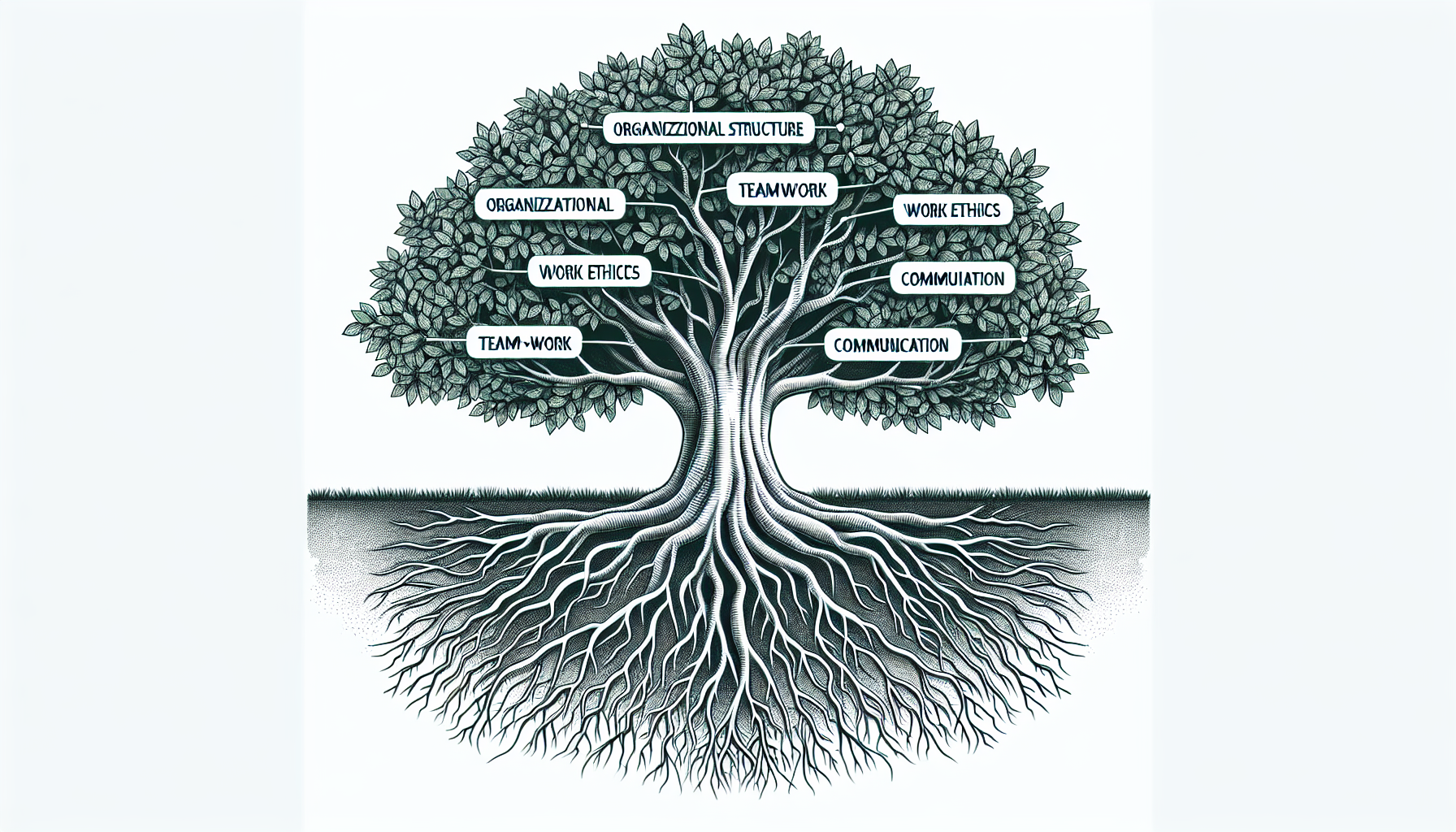Behind the Scenes: The Unsung Heroes of UT Southwestern Careers

Lab technicians are crucial to the research process, ensuring that experiments run smoothly and that data is collected accurately. At UT Southwestern, these professionals are responsible for preparing samples, maintaining equipment, and assisting researchers in various capacities. For example, a lab technician might be involved in processing blood samples for clinical trials, providing necessary insights that can lead to important medical breakthroughs. Their meticulous attention to detail and technical expertise often make the difference between success and failure in research projects. A lab technician’s role transcends the laboratory; they are the ones who help translate innovative ideas into tangible results that can ultimately improve patient outcomes.
Technological Support: IT Specialists
In an age where technology is rapidly evolving, IT specialists play a pivotal role in maintaining the infrastructure that supports both research and patient care. At UT Southwestern, these professionals manage complex systems, safeguard patient data, and ensure that all technological tools are functioning optimally. For instance, when a new electronic health record system is implemented, IT specialists are responsible for training staff, troubleshooting issues, and ensuring a smooth transition. Their work not only enhances efficiency but also directly affects the quality of care that patients receive. The importance of IT specialists has only grown in recent years, especially with the increasing reliance on telemedicine and digital tools in patient interactions.
Administrative Excellence: The Unsung Organizers
Behind every successful researcher and clinician is a team of administrative staff who manage schedules, coordinate meetings, and handle logistics. These individuals ensure that the daily operations of the medical center run seamlessly. At UT Southwestern, administrative professionals often liaise between departments, manage grant applications, and assist in budgetary planning. Their organizational skills and ability to multitask are essential for keeping the institution functioning effectively. For instance, without skilled administrative support, research projects could face delays, jeopardizing funding and timelines. In many cases, the administrative team acts as the glue that holds various departments together, facilitating communication and collaboration across the board.
The Importance of Collaboration
The collaborative nature of healthcare means that no role is truly isolated. At UT Southwestern, lab technicians, IT specialists, and administrative staff often work closely with researchers and clinicians to achieve common goals. For example, a researcher might rely on a lab technician to provide specific data for a study while also needing IT support to analyze that data using advanced software. This interdependence highlights the importance of every role within the institution, as success relies on teamwork and effective communication. Moreover, the culture of collaboration fosters innovation, as different perspectives and skill sets converge to solve complex challenges in healthcare.
Career Pathways and Opportunities
The diverse career paths available at UT Southwestern for support roles are often overlooked. Individuals interested in pursuing a career in healthcare don’t always need to be doctors or nurses. Lab technicians typically require a degree in a related field, while IT specialists may come from computer science backgrounds. Administrative positions might be filled by those with degrees in business or healthcare management. UT Southwestern offers various training programs and internships that can help individuals gain the necessary skills and experience to thrive in these roles. Moreover, the emphasis on continuous learning and professional development within the institution provides ample opportunities for career advancement.
The essential support roles at UT Southwestern Medical Center are vital to the institution's success in medical research and patient care. By highlighting the contributions of lab technicians, IT specialists, administrative staff, and others, we can better appreciate the teamwork and collaboration that underpin the healthcare ecosystem. As we continue to advance in medicine and technology, recognizing and valuing the work of these unsung heroes is crucial. For those considering a career in healthcare, there are rewarding pathways beyond the traditional roles that are equally important and impactful. Behind every successful medical institution lies a dedicated team of professionals, and at UT Southwestern, these unsung heroes deserve our recognition and respect. Their efforts not only enhance the institution's capabilities but also ultimately improve the lives of countless patients.
Clinical Laboratory Technician
Hospitals, research institutions, diagnostic laboratories
Core Responsibilities
Prepare and analyze biological samples for clinical trials and diagnostics.
Maintain laboratory equipment and ensure compliance with safety regulations.
Document findings and assist in the interpretation of test results for researchers.
Required Skills
A degree in Clinical Laboratory Science or a related field.
Proficiency in laboratory techniques and familiarity with laboratory information systems.
Strong analytical skills and attention to detail.
Health Information Technology Specialist
Healthcare systems, IT consulting firms, health tech companies
Core Responsibilities
Manage and optimize electronic health record (EHR) systems to improve patient care efficiency.
Train healthcare staff on new technologies and troubleshoot technical issues.
Ensure data security and compliance with healthcare regulations (e.g., HIPAA).
Required Skills
Background in computer science or health informatics.
Experience with EHR systems and familiarity with coding and billing processes.
Strong problem-solving skills and ability to communicate technical information effectively.
Medical Administrative Assistant
Hospitals, private practices, outpatient clinics
Core Responsibilities
Coordinate patient scheduling, manage medical records, and assist with billing processes.
Communicate with patients and other healthcare professionals to facilitate care.
Support the administrative team in preparing reports and managing departmental budgets.
Required Skills
Certification in medical administration or a related field (e.g., CMA).
Strong organizational and multitasking abilities.
Knowledge of medical terminology and healthcare regulations.
Research Data Analyst
Academic institutions, pharmaceutical companies, research organizations
Core Responsibilities
Collect, manage, and analyze data from clinical studies to support research initiatives.
Collaborate with researchers to design experiments and interpret results.
Prepare detailed reports and presentations to communicate findings to stakeholders.
Required Skills
Proficiency in statistical software (e.g., R, SAS, SPSS) and data visualization tools.
Strong understanding of research methodologies and data management.
Excellent communication skills for translating complex data into actionable insights.
Biomedical Equipment Technician
Hospitals, medical device manufacturers, health service organizations
Core Responsibilities
Install, maintain, and repair medical equipment to ensure safety and functionality.
Collaborate with clinical staff to assess equipment needs and provide training.
Conduct routine inspections and preventive maintenance on biomedical devices.
Required Skills
Degree or certification in biomedical technology or a related field.
Strong technical skills and knowledge of medical equipment standards.
Ability to troubleshoot and solve equipment-related issues quickly.


